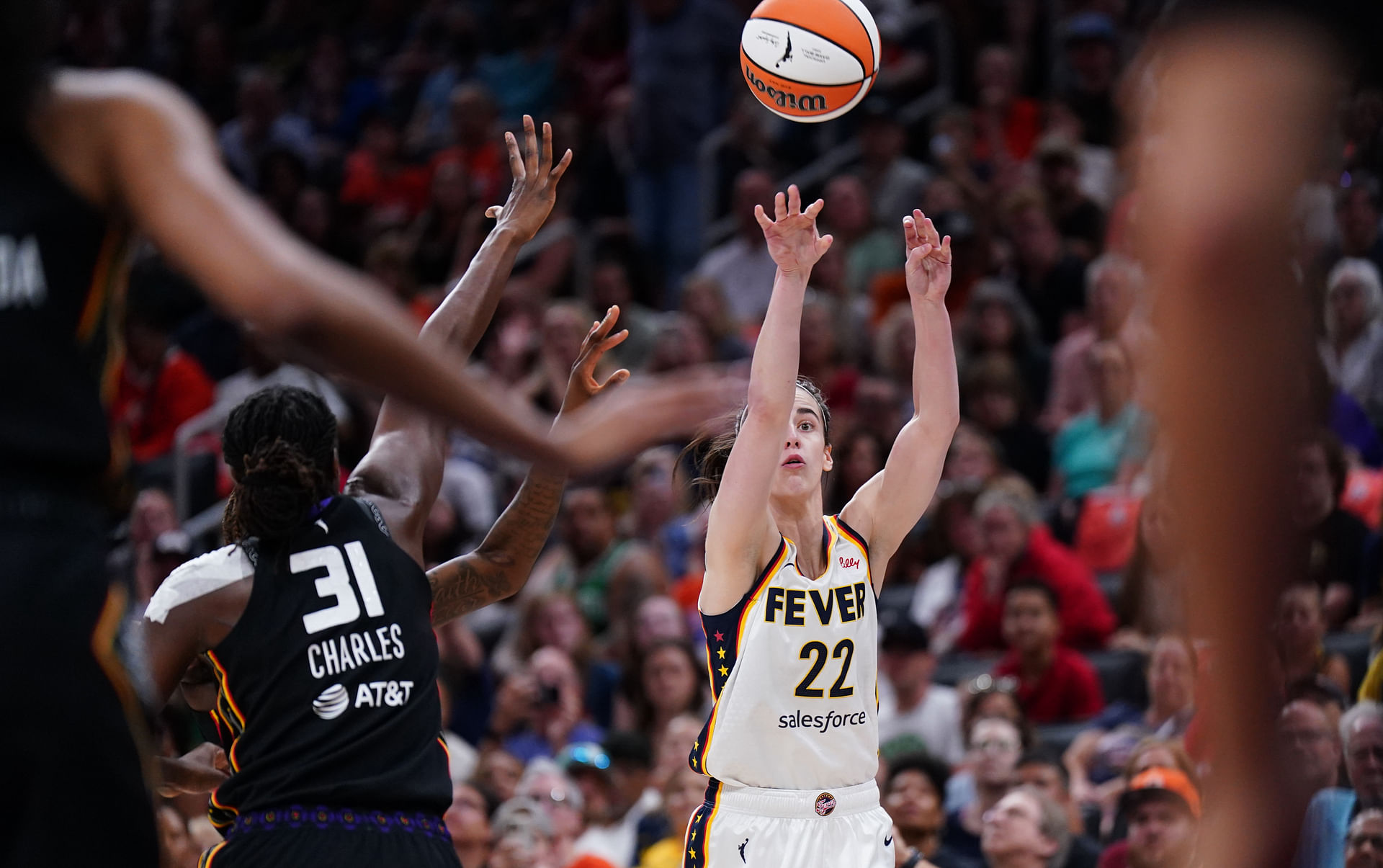
Today’s post is by author Tara Deal, whose novella Life/Insurance is out now.
Pretend you’ve written a novella. And it wasn’t easy. But now it’s done and you’re finished. Now what?
It’s difficult to find someone who wants to publish it. No one wants to spend money on such a little book (whether you’re a publisher or a customer). But what if a novella is all you’ve got? What if a novella is what you love? What if you’ve tried to write a novel, believe me, you’ve tried, because everyone you know thinks you should just write a bestseller and be done with it, how hard could it be? But no. A novella is better. Is that what you feel? A novella is perfect, perched between prose and poetry, allowing the reader (not to mention the writer) plenty of space and time to think about things.
But now that you’ve finished it, what are you going to do with it?
Years ago, after I’d finished what would become my first published novella, I was ready to move on to writing something else (I didn’t realize it would be another novella), but I didn’t want to abandon the one I’d just completed, not yet. It felt like an accomplishment. I wanted to do something with it. Like most writers, I wanted someone else to read it. I wanted to do everything I could for that novella, to give it a chance to exist in the world. Was there someone I could send it to?
Publishers and agents and literary magazines didn’t seem interested in novellas. Or, rather, they didn’t seem interested in a novella from an unknown person. But I didn’t have any connections in the world of literary publishing. I didn’t know anyone. I still don’t.
But what about a novella contest? That was something else. I did some research. Anyone could enter, supposedly. It would be like winning the lottery.
It might take a bit of work to find the right contest (and you don’t want to enter them all because entry fees add up and you need to save some money for non-novella-publishing pursuits, more of which later), but here are the contests that worked for me.
- My first novella, Palms Are Not Trees After All, won the Clay Reynolds Novella Prize from Texas Review Press, in 2007.
- My second novella, That Night Alive, won the 2016 novella prize from Miami University Press.
- And my third novella, Life / Insurance, won the Fugere Book Prize from Regal House and is published today.
Having won three contests and entered a thousand more (well, I wish there were a thousand novella contests one could enter), I have some tips. Some maneuvers you might want to consider. To put yourself in the best possible position to catch that bit of good luck that is, in the end, the most important thing that is required to win.
1. Do not join a writing group or get input on your manuscript.
You don’t want your eccentricities to get flattened out, or deleted entirely. A novella doesn’t need to be a regular story. It can be unclassifiable. People won’t mind. (You can read anything for half an hour! Although, ideally, your novella should take somewhat longer than that to read—or write.) But you don’t need all kinds of character development or emotional entanglements or historical drama or romantic fantasies. You can just write what you like to think. You can play around with the format. I like to write in discrete blocks of text. I don’t like any dialogue. Is that what makes my books stand out? I don’t know. All I’m saying is that maybe your quirk (but not a gimmick!) will grab the random contest reader’s attention after she’s seen too many other things that didn’t make her jump. Think about it. How many times have you tried to read a novel recently and then given up because it’s so boring?
2. Clear out “excess, explication, or autobiography.”
That’s Ezra Pound talking about poetry. But I think that’s especially good advice for a novella (or for anything, probably). However long your novella is now, cut it in half (okay, by a third). It’s nice when a novella approaches an elongated prose poem. Which brings me to:
3. Don’t write an elongated prose poem—or even worse, a short story.
This is just me, but I hate short stories. If I’m going to read something short, I want something really short (poetry, flash fiction). Although I also enjoy something extra long (say, the multivolume My Struggle by Knausgaard or, from the olden days, Ulysses). The novella, unlike the short story, hits the sweet spot between these two extremes. The novella is an in-between thing that moves from the miniscule to the metaphysical and back again. Or so it seems to me. It’s nice to aim for this chimera-like creation (“an imaginary monster composed of incongruous parts” and also “an unrealizable dream,” according to the dictionary). I love a novella. The heart wants what it wants. The world is an enigma.
4. But what do YOU want? Why are you writing a novella at all?
Think about it (but not forever; don’t get depressed; there’s no time to waste). Write what is required. Write what you can’t avoid. I wanted all of my novellas to become novels (in order to make some money; novellas aren’t going to get you anything), but they failed. The novella is the form that the work had to take. I couldn’t make it any longer. I tried. I couldn’t make it any shorter. The form and content found each other. Like magnets. Like magic. Like a magician, you have to keep working until things come together seamlessly, until your art becomes invisible to the audience. Take your time. I once went to a magic show and the magician said that his main trick, a card trick, took him 36 years (or some such) to perfect, and he was still working on it. A novella probably won’t take that long, but maybe? (My last novella, 163 pages, took 10 years, from start to finish.)
5. Which doesn’t mean you should rework your novella to death or let it take over your life.
When the manuscript seems finished, or close enough, stop. Put it away for a few months (or a year if you have time to waste), then reread it again, then submit it. (Unless the manuscript makes you cringe, in which case, shred it.) And then forget it. When I won my second contest, I couldn’t even remember which manuscript I had submitted! (Keep a database to help keep track of things like this.) And when you’ve dispensed with that novella and put it out there and done all you could for it, after you’ve made your small contribution to the art of this world, even if it comes to nothing, and you’re ready to move on, then reward yourself and take a break. You don’t have to start another novella, not right away. You can do something else. Refresh. (Which will give you time to start thinking about writing another novella, and who knows, that next novella might be just the thing.) In the meantime, try something like jewelry making (I make my own earrings) or painting nude figures (I accidentally did this when I thought I had enrolled in a class on abstraction) or bookbinding (yes) or whatever. The world is full of things other than novellas, apparently. (You can use whatever you learn from these adventures in your next book. A couple of telling details are all you need in a novella.)
6. When you do submit, embrace the blind contests.
I, for one, love a blind contest. I don’t have to worry that no one will have heard of me. If someone hates my work, who cares? They don’t know who I am! I would publish anonymously, too, if I could. Imagine if we could all just read interesting books without worrying about who the author is. That would be a beautiful world. In the meantime, we have blind contests and that fine feeling of submitting your best work, with all its quirks and experimental bits and lyrical prose and insights into the human condition and references to paint colors and impasto techniques, then waiting a year or so or more to hear back and then receiving, should you win, very little money for your oversized efforts (plus the requirement to do your own publicity, which might include things like writing short essays about writing novellas.) What more can I tell you?
Good luck! (Have fun.)
Tara Deal is the author of three award-winning novellas: Life / Insurance (Regal House), That Night Alive (Miami University Press), and Palms Are Not Trees After All (Texas Review Press). She also writes flash fiction, free verse, and urban fragments. Her work has appeared in American Literary Review, Passages North, Sugar House Review, Washington Square Review, and West Branch, among others. And her shortest story can be found in Hint Fiction (Norton).
Tara was born in Savannah, Georgia, and grew up in Columbia, South Carolina. (What she misses: boiled peanuts.) After receiving degrees from Harvard and New York University, she then worked as a book editor for many years. (What she doesn’t miss: compiling book indexes.) She lives with her husband and sheltie in New York City.






Leave a Reply